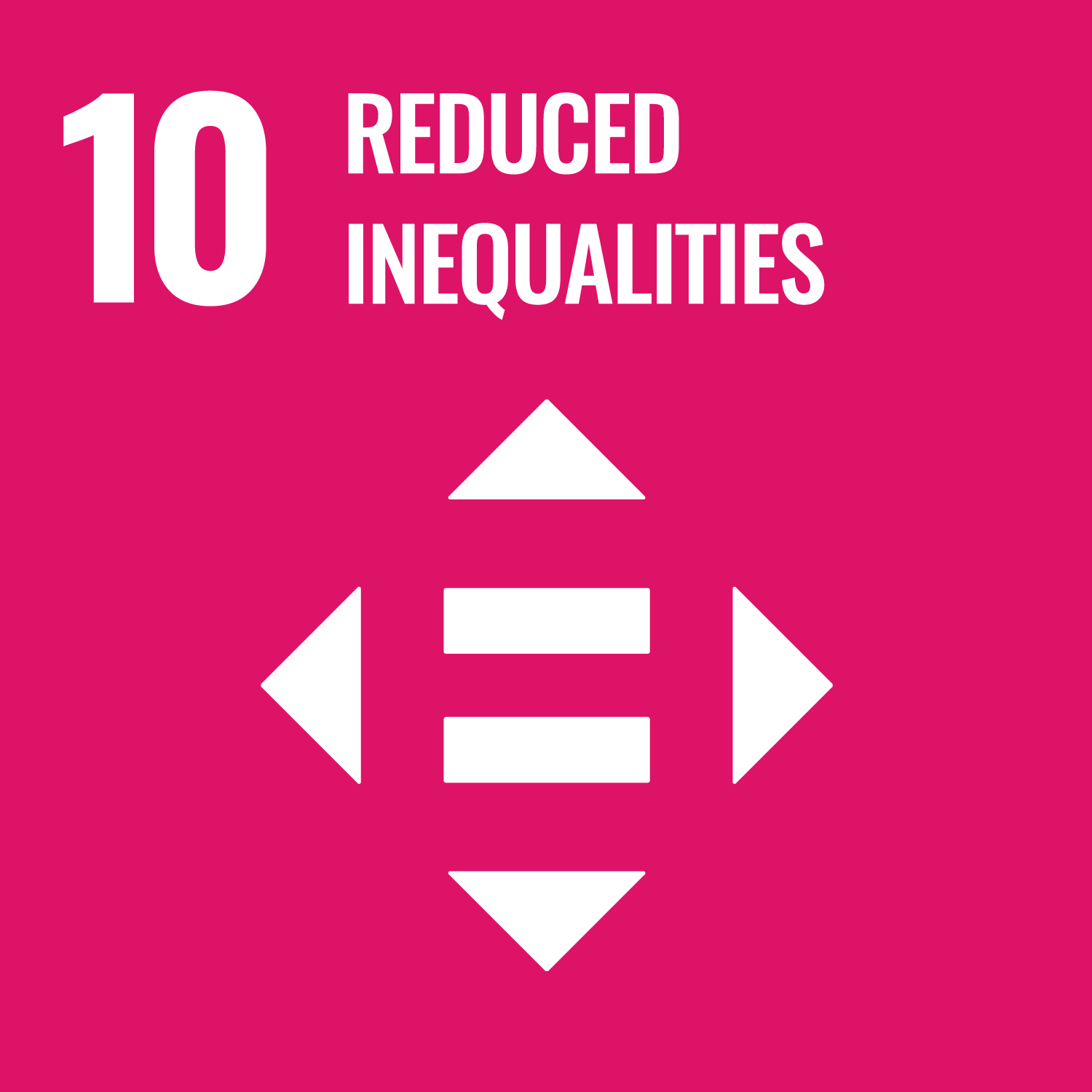Chicago Child-Parent Center PFS Initiative
Aligned SDGs


- Chicago Child-Parent Center PFS Initiative
- General overview
- Location
- Involved organisations
- Outcome metrics
- Other resources
- Spreadsheet of data
- Chicago Child-Parent Center PFS Initiative
- General overview
- Location
- Involved organisations
- Outcome metrics
- Other resources
- Spreadsheet of data
General overview
Stage of development: Implementation
Policy sector: Education
Date outcomes contract signed: Oct 2014
Start date of service provision: Dec 2014
Capital raised (minimum): USD 16.90m
Service users: 2k+ individuals
Intervention
Chicago Public Schools (CPS) and the City of Chicago have launched a Pay-for-Success (PFS) contract that will allow the City to provide high quality pre-K services to more than 2,600 children in high-need communities through the successful Child Parent Center (CPC) education program.The intervention is based on the Child-Parent Center (CPC) preschool model. The program provides high quality half and full day preschool education to three- and four-year olds as well as comprehensive family services. It seeks to identify and rectify low-severity learning and behavioral challenges allowing students to stay on track with their peers. The model achieves its outcomes by working with students and parents to help foster better learning at home and helping families address the myriad of challenges they face. CPC is equipped with a Parent Resource Teacher and School Community Representative who engages parents both inside and outside of the CPC.
Target population
Four-year old Chicago Public School children eligible for free or reduced lunch
Location
Country
- United States
Service delivery locations
- Chicago, Illinois, USA
Involved organisations
Commissioners/outcome payers
Service Providers
Investors
Intermediary organisations
Outcome metrics
- Increase kindergarten readiness. Each student that scores equal or above the national average on five or six domains of a kindergarten readiness assessment after attending the CPC preschool program.
- Improve 3rd grade literacy. Each student that scores equal or above the national average on the nationally administered 3rd grade reading test.
- Reduce need for special education services. Full year student avoids using special education services after attending CPC preschool program through 6th and then 12th grades relative to comparison group equivalent.
Spreadsheet of data
Important Notice and Disclaimer on INDIGO Data
INDIGO data are shared for research and policy analysis purposes. INDIGO data can be used to support a range of insights, for example, to understand the social outcomes that projects aim to improve, the network of organisations across projects, trends, scales, timelines and summary information. The collaborative system by which we collect, process, and share data is designed to advance data-sharing norms, harmonise data definitions and improve data use. These data are NOT shared for auditing, investment, or legal purposes. Please independently verify any data that you might use in decision making. We provide no guarantees or assurances as to the quality of these data. Data may be inaccurate, incomplete, inconsistent, and/or not current for various reasons: INDIGO is a collaborative and iterative initiative that mostly relies on projects all over the world volunteering to share their data. We have a system for processing information and try to attribute data to named sources, but we do not audit, cross-check, or verify all information provided to us. It takes time and resources to share data, which may not have been included in a project’s budget. Many of the projects are ongoing and timely updates may not be available. Different people may have different interpretations of data items and definitions. Even when data are high quality, interpretation or generalisation to different contexts may not be possible and/or requires additional information and/or expertise. Help us improve our data quality: email us at indigo@bsg.ox.ac.uk if you have data on new projects, changes or performance updates on current projects, clarifications or corrections on our data, and/or confidentiality or sensitivity notices. Please also give input via the INDIGO Data Definitions Improvement Tool and INDIGO Feedback Questionnaire.